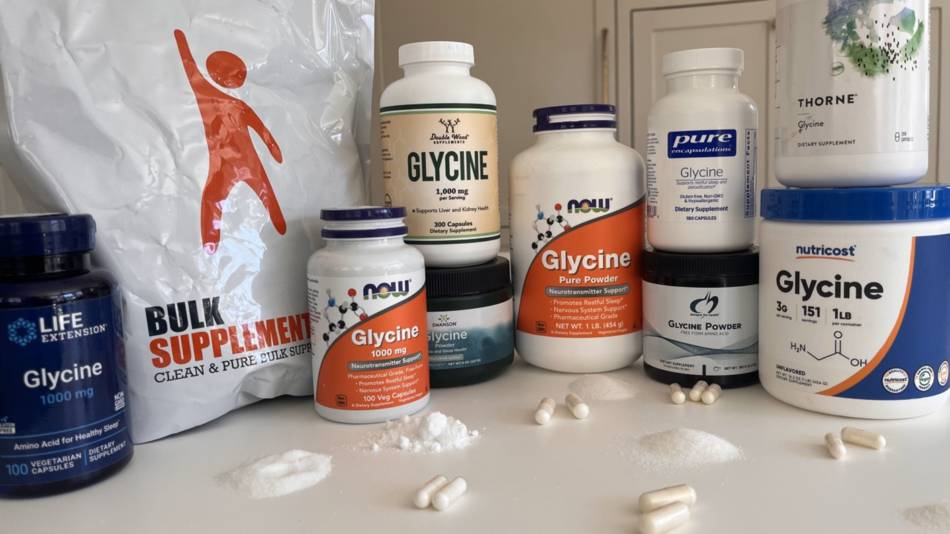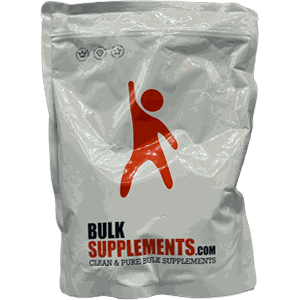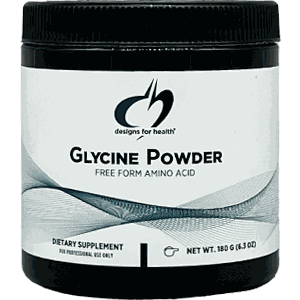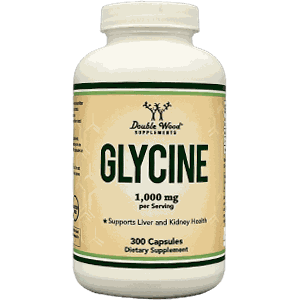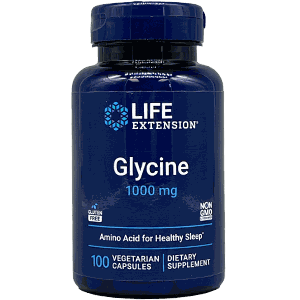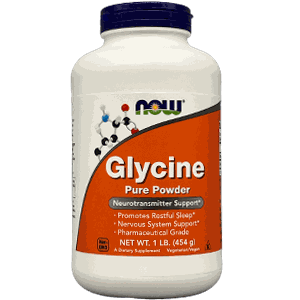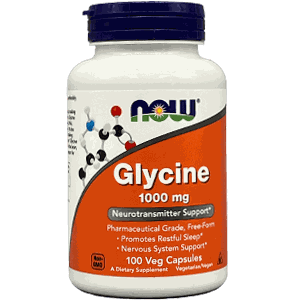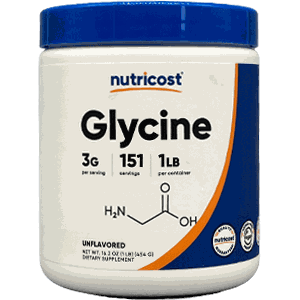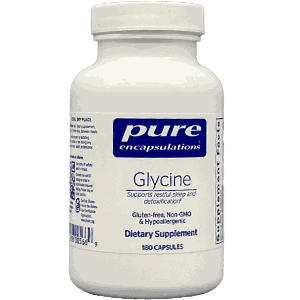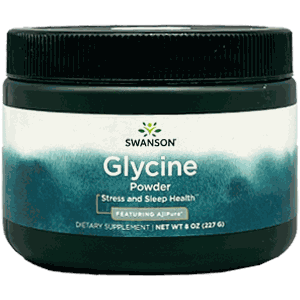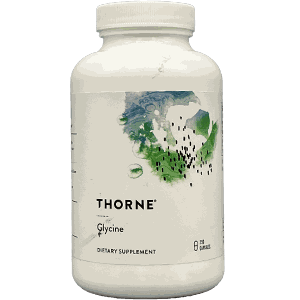Summary
What is glycine?
Glycine is classified as a non-essential amino acid, meaning your body can produce it from other amino acids. However, some research suggests that glycine should be considered essential or at least conditionally essential, as the amount made by the body may not be enough to meet demands. Glycine plays important roles in health, such as functioning as a neurotransmitter that’s involved in controlling motor and sensory functions like movement, hearing, and vision.
Glycine in supplements is normally in the "free form," i.e., not attached to other compounds. There is no L- or D- chemical form, so you don’t have to worry about products containing forms of glycine that are less effective, absorbed differently, or more likely to cause side effects (see What It Is).
What are the health benefits of glycine?
Several small clinical trials (generally supported by Ajinomoto, which manufactures and sells glycine) have evaluated the effects of glycine supplementation for improving sleep and for reducing nighttime urinary frequency in people with overactive bladder, chronic prostatitis, and/or bladder pain syndrome/interstitial cystitis. Some study findings also suggest that glycine may benefit people with schizophrenia and may reduce blood pressure in certain populations, though research on these potential health benefits is limited (see What It Does).

Which glycine supplement is best?
ConsumerLab 's tests of popular glycine supplements found that the capsules and powders contained their claimed amounts of glycine (within a reasonable margin). However, the cost to obtain 3 grams of glycine from them ranged from as little as 9 cents to as much as $1.15 (see What CL Found). As all glycine supplements contain the same, free form of glycine, there is no need to pay more than necessary. ConsumerLab selected a Top Pick glycine powder and a Top Pick glycine capsule, each of which represents high quality and exceptional value relative to other products reviewed.
People who have difficulty swallowing pills may want to opt for powdered products, which can be easily mixed into water. Glycine has a naturally sweet taste – a bit milder than table sugar. Some of the glycine capsules we tested were quite large and required taking multiple capsules to reach the recommended dose.
How much glycine is taken?
Doses of glycine used in clinical studies typically range from 3 to 15 grams per day but have been as high as 80 grams (Soh, Geroscience 2023). This is typically split into 2 to 4 servings per day. The glycine supplements in our review provided between 1-3 grams per serving to be taken 1 to 3 times per day.
Glycine safety and side effects:
Glycine supplements are generally considered safe, even when taken in high doses. However, taking glycine in very high doses, such as over 40 grams per day for an adult, may cause nausea and vomiting in some people. If you’re pregnant or breastfeeding, it's best to avoid glycine supplements unless specifically recommended and monitored by your healthcare provider. Evidence is limited, but glycine may interact with certain medications, such as anticonvulsants and some atypical antipsychotics, like clozapine (Clozaril). Glycine has also been shown to lower blood pressure in some populations (see details in Concerns and Cautions).

